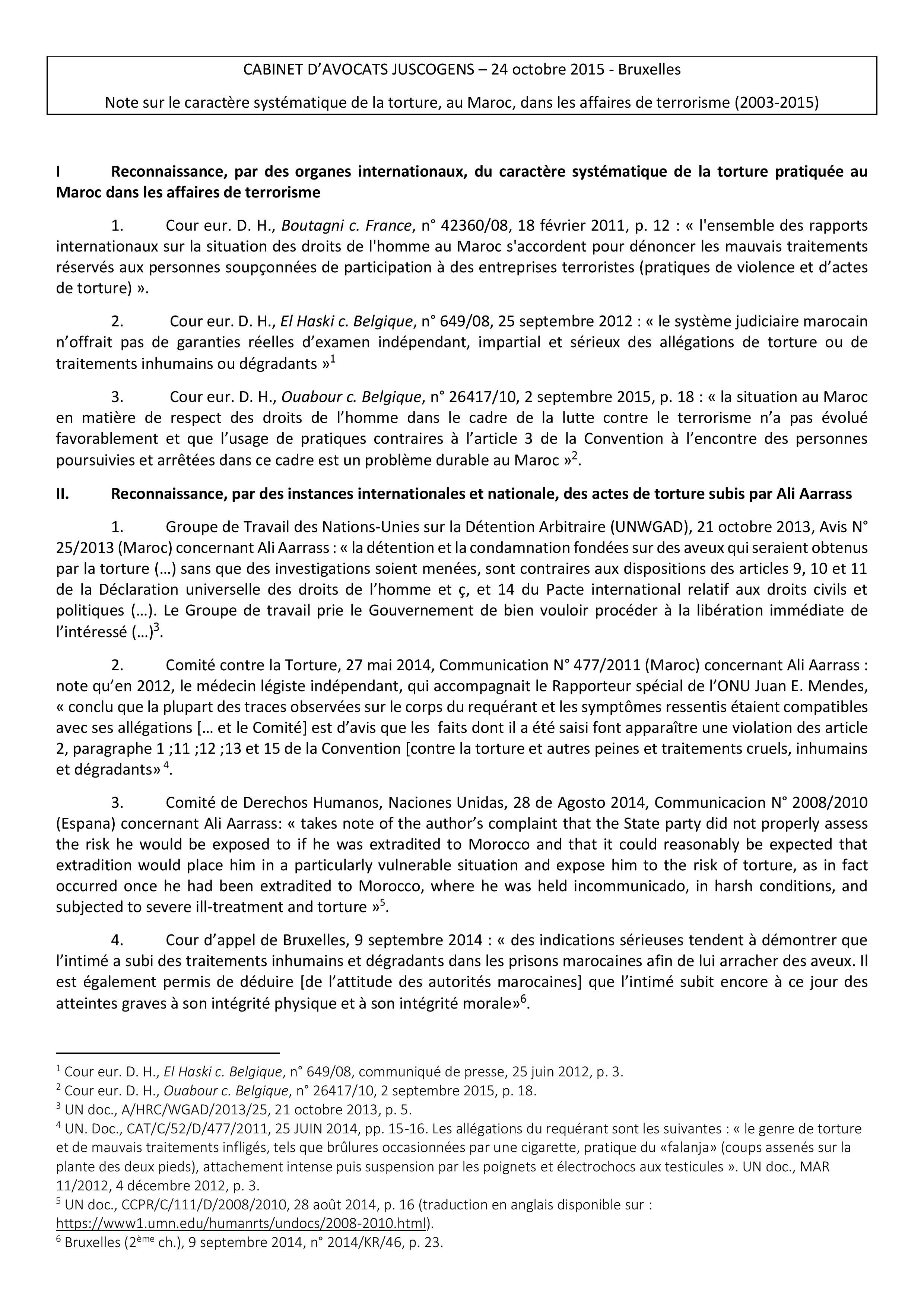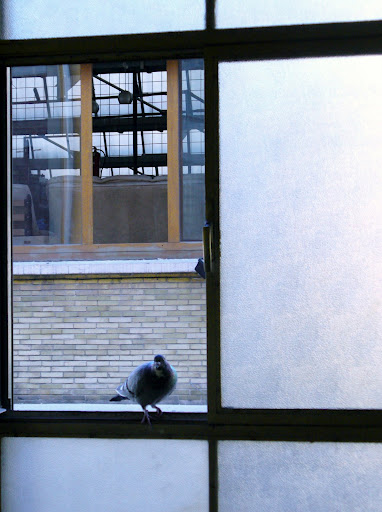 Please find the article on www.cageprisoners.com here
Please find the article on www.cageprisoners.com here
Message from the family of Ali Aarrass
We need your support !
Please donate now !
As you well know, we have undertaken several actions to protect the interests of Ali Aarrass in Spain, in Belgium and now in Morocco.
We want to thank you for being at our side in this struggle.
But our financial resources are very limited. We need to pay a team of lawyers in the three countries in order to obtain the release of Ali.
Every donation is very welcome!
Background
Ali Aarrass, a Moroccan-Belgian national, was born in 1962 in Melilla, a small Spanish enclave in the North of Morocco. His parents were divorced and he later moved to Belgium with his sister Farida at the age of 15. While in Belgium, Aarrass worked very hard to earn an honest living and took care of his mother and two sisters.
After living in Belgium for 28 years, he returned to Melilla where his father lived. He went with his wife Houria in 2005 where they adopted a little girl. There, Aarrass continued to work hard to support not only his family, but as his step-brother had lost his sight, Aarrass also supported his family.
Arrests in Spain
Aarrass was arrested for the first time in November 2006 by the Spanish police. He was released under caution for €24,000 which his father raised by putting together all of his savings.
On 1 April 2008, Spanish police arrested Aarrass for a second time, along with Mohammed El Bay in Melilla following two international arrest warrants issued for them by Morocco on 28 March 2008 for terrorism-related charges.
Allegations
Aarrass was arrested in Spain because he was suspected of trying to smuggle arms in Morocco. However, after over two years, the judicial investigation for offences linked to terrorism was provisionally closed by Spanish anti-terror judge Baltasar Garzon on the grounds of lack of evidence implicating Aarrass in any act of terrorism.
Regarding the international arrest warrant issued by Morocco, Aarrass was wanted after Abdelkader Belliraj gave a list of names under torture. He was then said to be involved in arms trafficking to help a terrorist network. Morocco further alleges that he is linked to Casa de España bombing attacks in Casablanca, Morocco on 16 May 2003, and accuse him of being a member of the Movement of Mujahideen from Morocco since 1982.
Detention and Extradition
Ali Aarrass remained detained on the authority of an international arrest warrant from 1 April 2008: first in a prison in Madrid, then in Badajoz and was eventually confined in the Bota fuegos prison in Algeciras, Spain. He was in a high security regime reserved for people suspected of terrorism.
On the dates of 21 November 2008 and 23 January 2009 his extradition was authorised and confirmed, respectively. While the corresponding dates for Mohammed El Bay were 22 December 2008 and 12 March 2009. Aarrass’s extradition was confirmed in January only after the Moroccan government had given assurances that he would not be condemned to death or imprisonment without the possibility of parole.
On 16 March 2009, when judge Baltasar Garzon provisionally closed the judicial investigation against Aarrass for offences linked to terrorism which he was being investigated for by the Spanish police since 2006, he went on to accept the Moroccan extradition request. Despite clearing him, Garzon declared that he hadn’t any objections against Aarrass being extradited to Morocco to stand trial for the same allegations. Upon hearing this judgement he began a two-month hunger strike protesting his innocence, protesting against his conditions of detention and protesting against his extradition to Morocco.
It has been argued that the principle of double jeopardy was not ignored as Ali Aarrass was never brought to trial and found innocent, and that there is no law against being investigated for the same offence twice. But this is completely missing the point. He was investigated for charges of terrorism and cleared of them due to a lack of evidence.
An interesting sentiment is raised by Abderraman Benyahya, spokesperson of the Islamic Commission, who stated that the Spanish authorities would never have allowed the extradition “if the accused hadn’t been Muslim”; if he hadn’t been a Muslim accused of terrorism.
In November 2010, the extradition of Aarrass was finally ordered by a court.
On 26 November 2010, the United Nations Human Rights issued an interim measure requesting Spain no to proceed with the extradition of Ali Aarrass as he would be at risk of torture in Morocco.
On 14 December 2010, the Belgian consul received instructions to visit Aarrass. However, he was informed that the visit could not take place as he had been deported to Morocco.
The family of Aarrass was never informed of his extradition and they became aware of it through the media.
Disappearance and torture in Morocco
As permitted by the Moroccan legislation, Aarrass was subsequently held in secret detention for eight days without any access to the outside world. During that period of time, he was questioned and tortured by the DST. He narrated torments that are commonly reported by people detained under the anti terrorist legislation in Morocco, including sleep deprivation, injection of chemicals, electric shocks to his genitals and rape. He also said he was hanged by his feet and beaten.
Reappearance
On 22 December 2010, Aarrass was presented to examining magistrate Chentouf who received the forced confessions he had made under torture. He faced the accusations of transporting arms between Belgium, Spain and Morocco for the purpose of terrorism, even though the Spanish investigation had already cleared him from those allegations. The case of Aarrass in Morocco is based solely on statements made by other people under torture, including Abdlekader Belliraj accused of being the head of a terrorist group made of over thirty people, among them several journalists, professors and politicians. The Moroccan police did try to find material evidence against him but were unsuccessful. On one occasion, Aarrass was taken handcuffed, shackled and hooded to Nador (Morocco) and was requested to indicate with his foot a place to dig. No weapons were found.
Inconsistencies
On 15 September 2011, Aarrass’s lawyer requested the end of the prosecution of his client and raised several issues regarding the case-file.
He mentioned that some documents were falsely dated. Hence, the first police note dated on 15 December 2010 mentioned events that occurred on 18 and 20 December 2010.
He asked why Ali Aarrass was prosecuted for accusations he had already been cleared of by Spain.
He also asked how five Moroccan bodies could have failed to investigate the allegations of torture after formal complaints had been filed.
He requested a confrontation with the accusers of his client.
He also asked how the court could accept Aarrass’s confessions made in Arabic during his secret detention while it had acknowledged that he could not speak this language and had provided him with a translator later.
Nevertheless, the Court rejected all these arguments and requests without any explanation.
The last hearing is scheduled on 24 November 2011. On that day, Ali Aarrass will be informed on his fate.
Please donate at the following bank details
Malika Mohamed
ING België. Place Saint-Denis 18, 1190 Forest
363 – 4789211 – 70
IBAN : BE60 363 – 4789211 – 70





